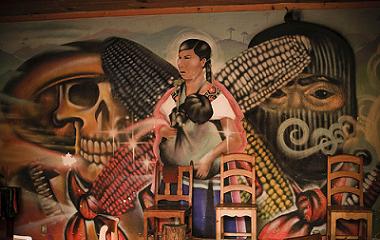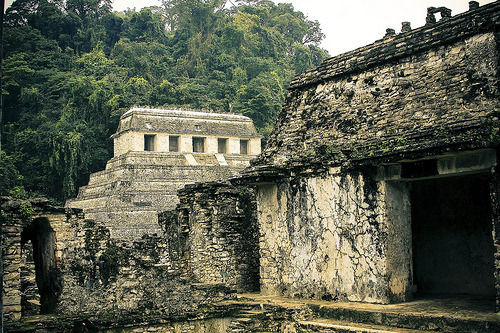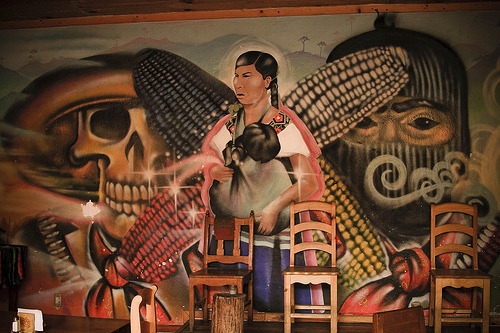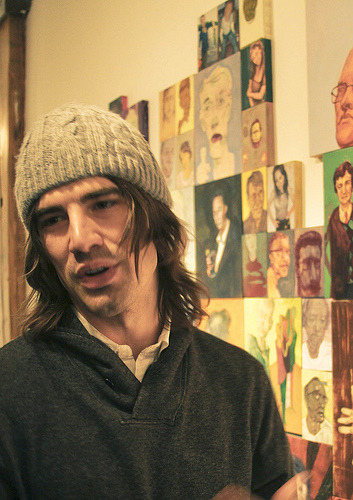
Artist Cecelia Webber photographed by MFB
SO MANY writers seem entrenched in commodified thinking.
They isolate whatever they’re writing about from its temporal, historical, environmental, and cultural context, thus reducing it to or framing it as a kind of commodity.



